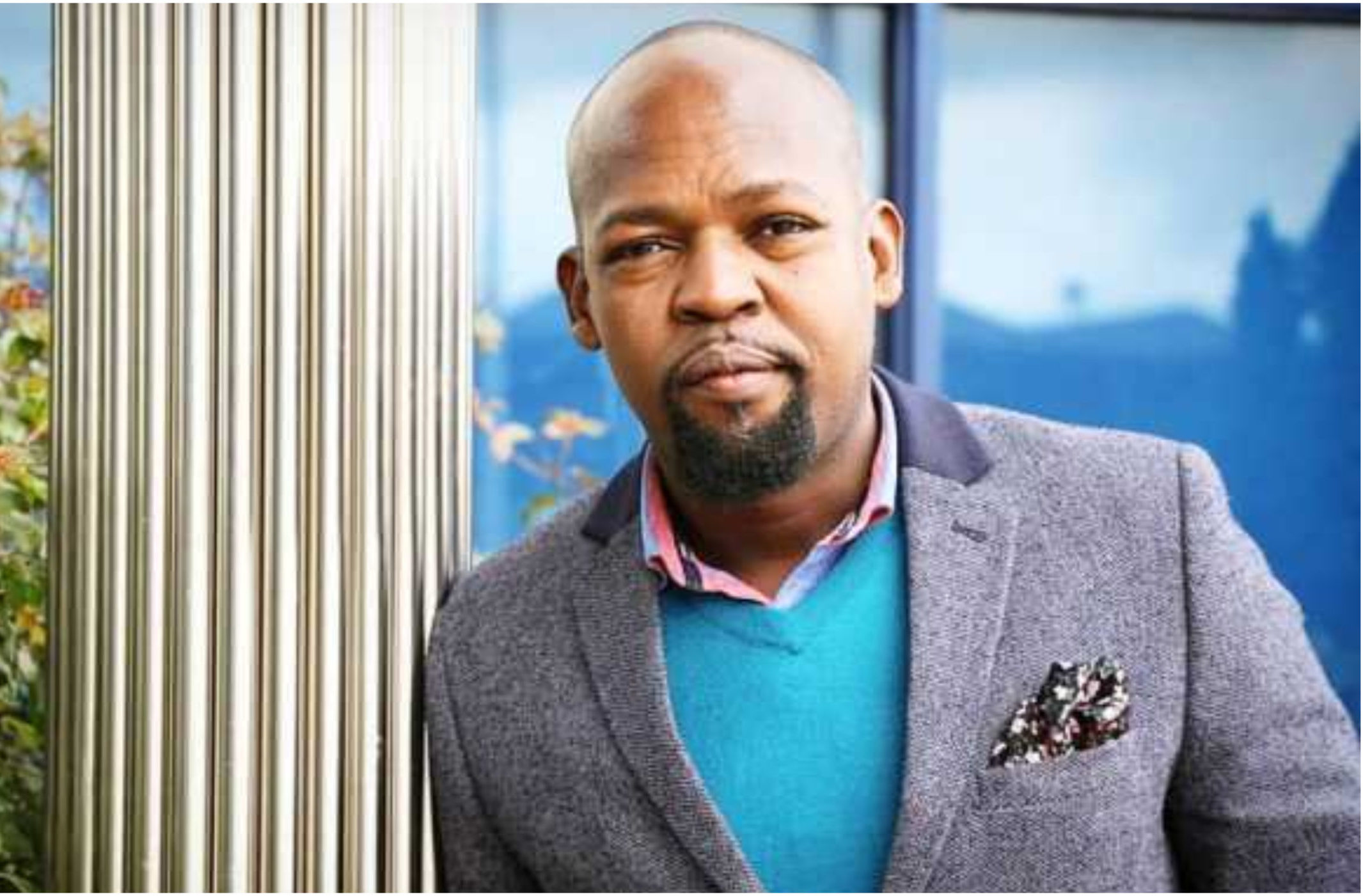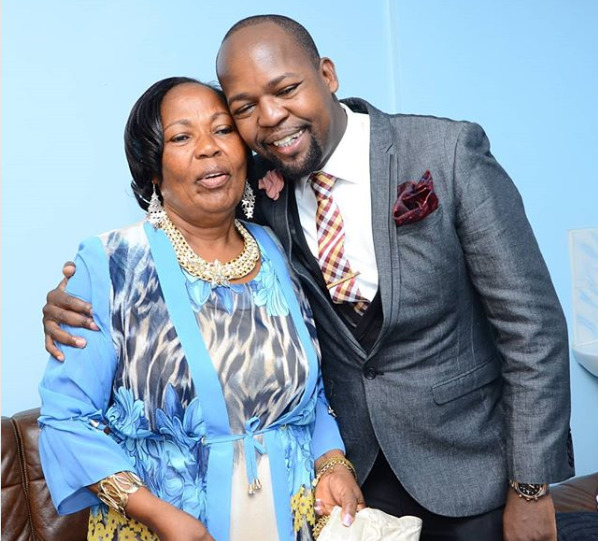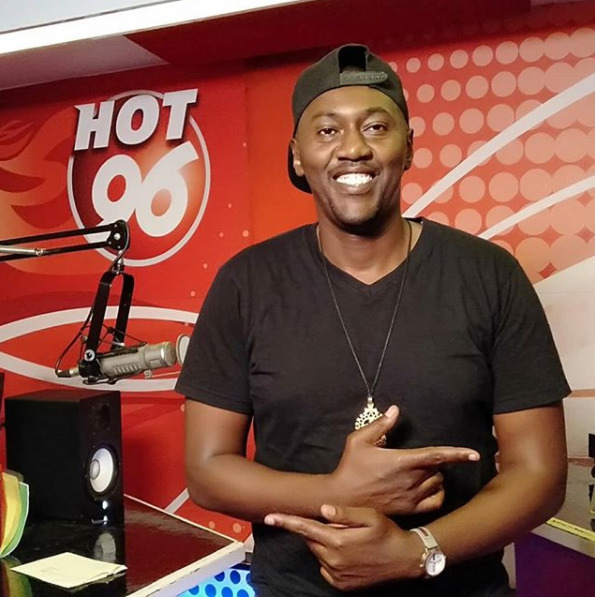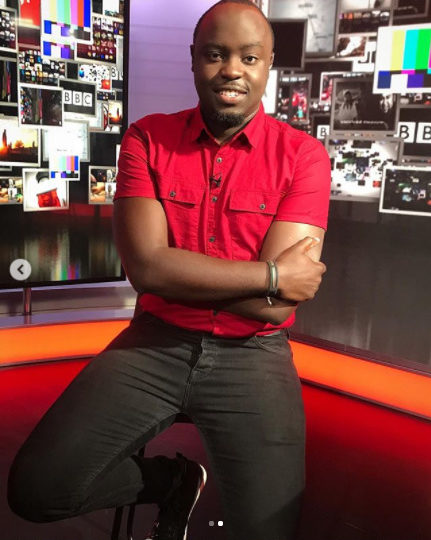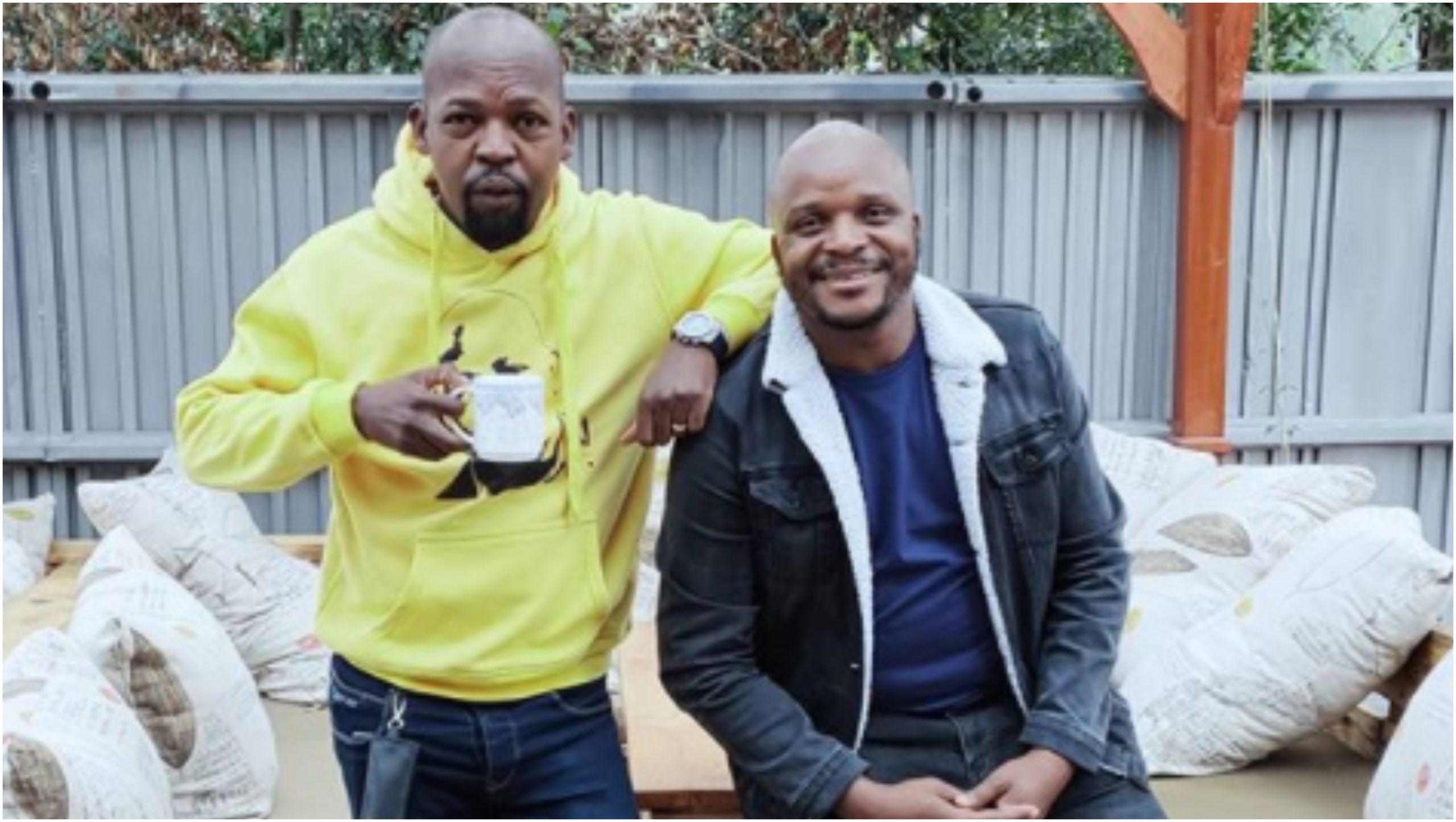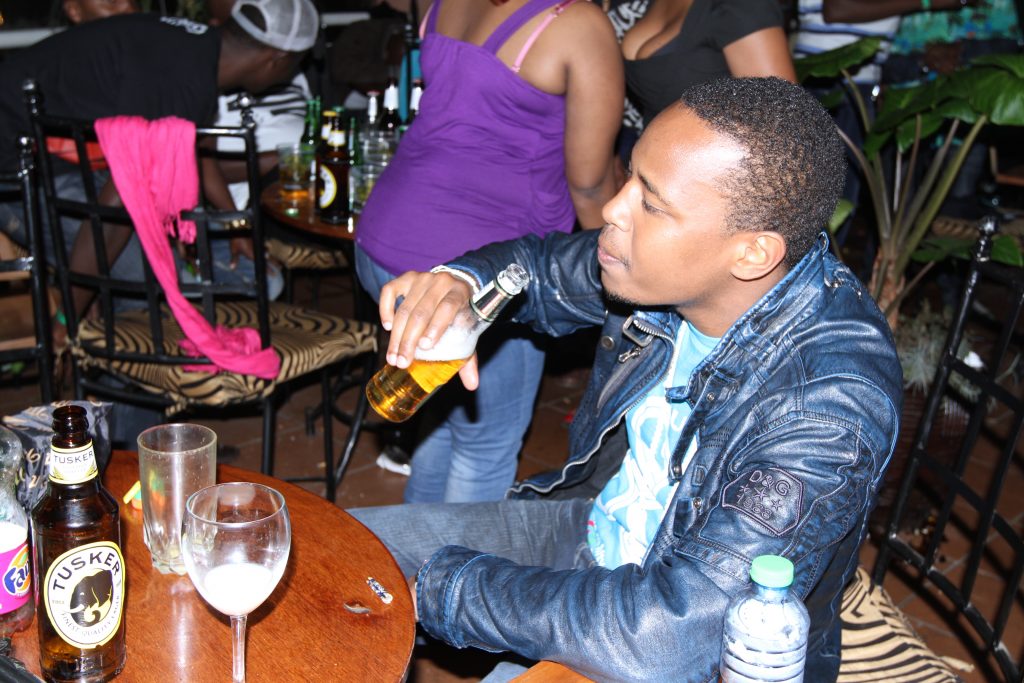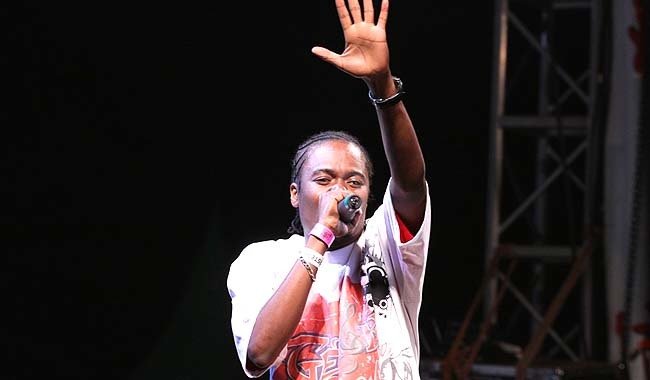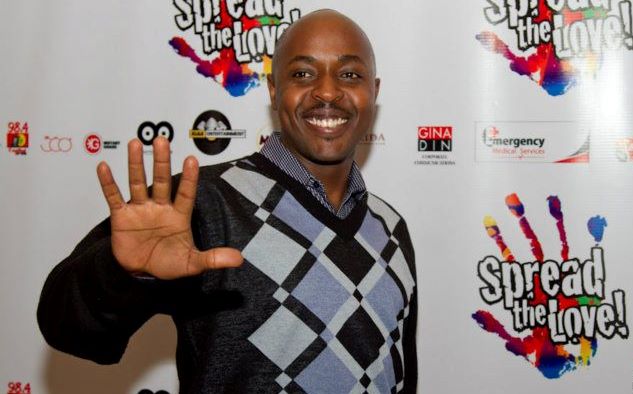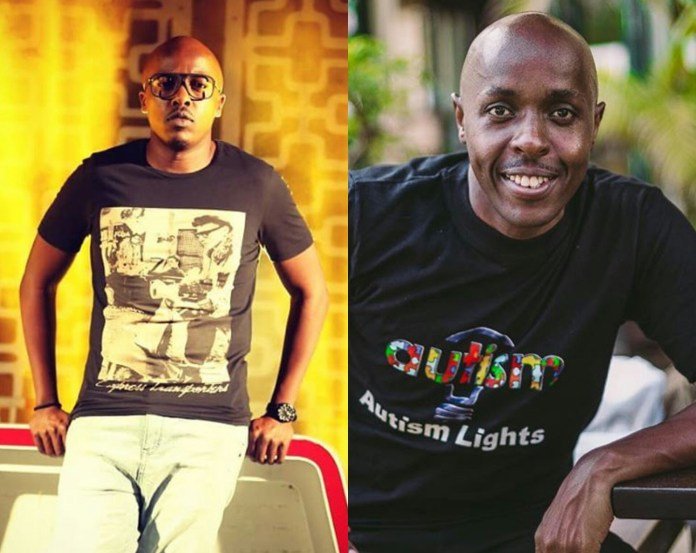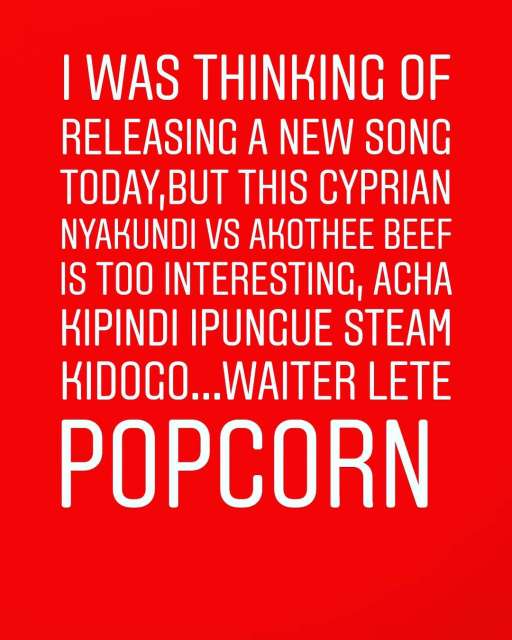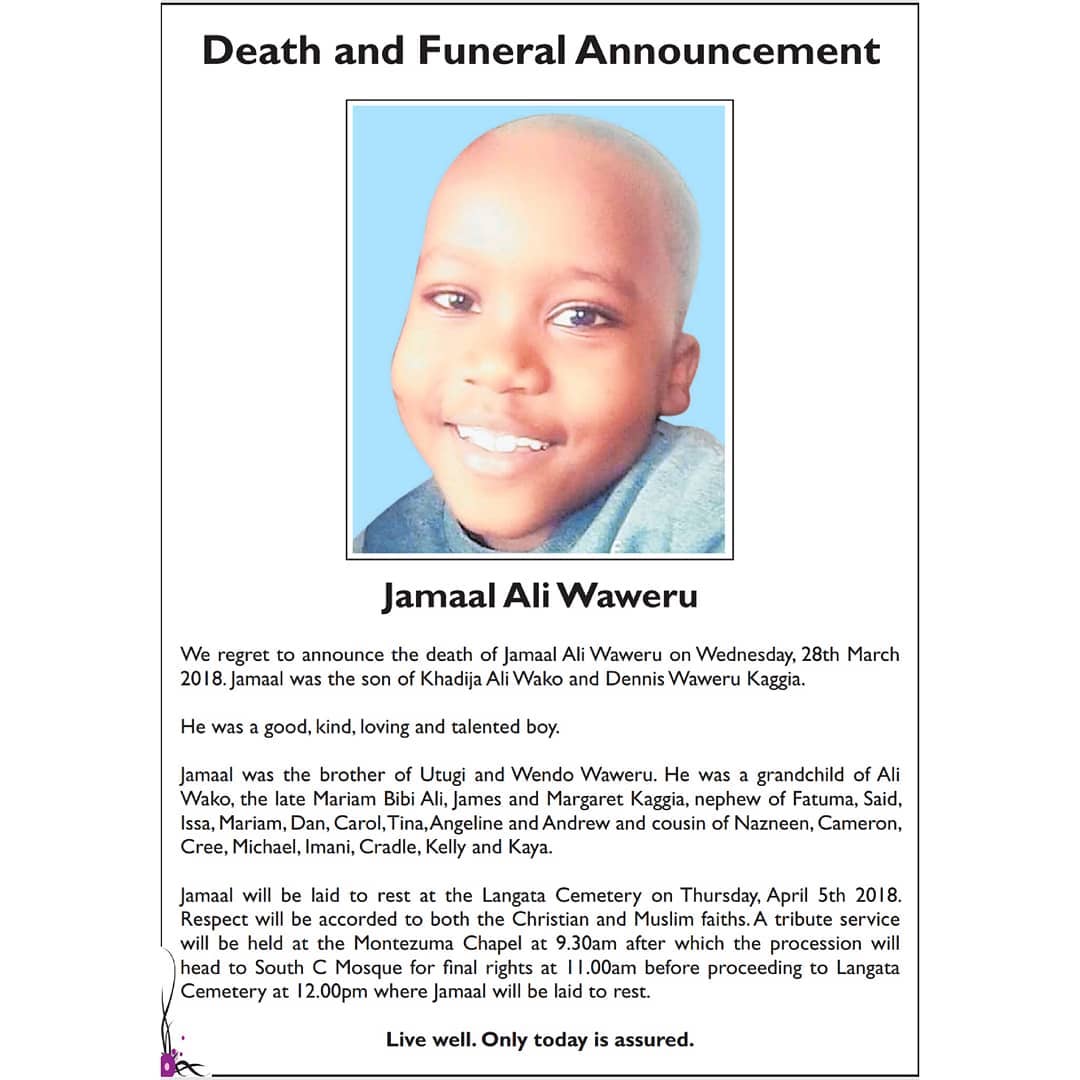Dennis Kaggia, better known by his stage name DNA, found himself at a crossroads in his life, grappling with the consequences of his past choices. The pursuit of success and a fast-paced lifestyle led him down a path of alcoholism, broken relationships, and a sense of emptiness. However, amidst the turmoil, DNA embarked on a journey of self-discovery and transformation, embracing his faith and finding solace in gospel music.
DNA recounted how his desire to achieve financial success quickly led him astray. “I was chasing my dream to be a millionaire quickly,” he confessed. The pressure and demands of his lifestyle took a toll on his personal life, affecting his relationship with his child’s mother and his own sense of well-being.
Facing the consequences of his actions, DNA realized the need for a drastic change. He described his transformation as a process of destruction and rebuilding, emphasizing the importance of acknowledging one’s mistakes and making amends.
“You can be going in the wrong direction, you can be doing the wrong thing,” he explained. “Bado destination yako ikombele yako, but umeanza kupotea, so destroy, rebuild.”
His journey to redemption involved confronting his addiction to alcohol. DNA vividly described the challenges of quitting, highlighting the physical and emotional toll it took on him.
“Getting off the liquor is so hard. Getting off of the liquor is like an exorcism. People who’ve drunk properly can tell you. Kwanza when you get to the 30’s kuendelea,” he shared. “You drink nicely for like 3-4 days, bro getting off the booze, you feel like things are crawling off your skin, you start hallucinating, and alcohol withdrawals are no joke. they are the hardest to get off.”
Despite the challenges, DNA’s faith and determination guided him through this difficult period. He sought refuge in God, turning to Him for strength and guidance.
“I said I need to change my life. What do I do? The thing I knew was God, wacha niokoke,” he recalled. “I told God to remove me from this because this booze is too strong.”
Embracing his faith, DNA made a conscious decision to distance himself from his previous lifestyle. He withdrew from the secular music industry, canceling gigs and severing ties with friends who enabled his destructive habits.
“I had to withdraw from the secular world,” he explained. “I had to cancel all the gigs, even though it cost money and friends. Because my biggest fear was returning to alcohol.”
DNA’s transformation from a troubled artist to a dedicated gospel musician serves as a testament to the power of resilience and redemption. His journey highlights the importance of self-awareness, acknowledging one’s mistakes, and seeking guidance from a higher power.





